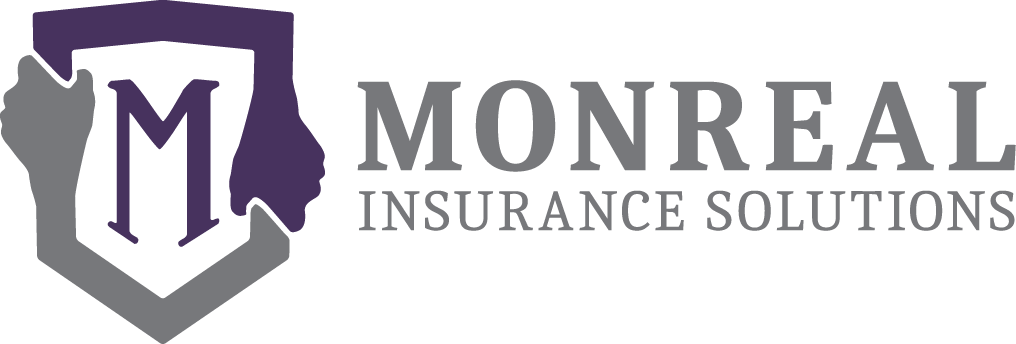
In the dynamic landscape of entrepreneurship, one often encounters unforeseen challenges and risks. Among these, product liability stands out as a significant concern for businesses, both big and small. Regardless of the size or nature of your enterprise, the potential financial and reputational damages resulting from product-related issues can be substantial. In this article, we delve into the critical importance of product liability insurance in safeguarding businesses against such risks.
Understanding Product Liability Insurance:
Product liability insurance is a type of coverage that protects businesses from liabilities arising due to defects or issues in the products they manufacture, distribute, or sell. It provides financial assistance in the event of legal claims, compensations, or settlements related to bodily harm, property damage, or other losses caused by a faulty product.
This insurance typically covers legal fees, court costs, settlements, and judgments up to the policy’s limits. It serves as a crucial safety net for businesses, offering peace of mind and financial security in the face of potential litigation.
Importance of Product Liability Insurance for Businesses:
- Legal Protection: One of the primary reasons for investing in product liability insurance is to shield your business from legal liabilities. In today’s litigious society, even the most well-intentioned businesses can face lawsuits due to alleged product defects or malfunctions. Without adequate insurance coverage, these legal battles can drain financial resources and tarnish the company’s reputation.
- Financial Security: Product liability claims can result in significant financial losses for businesses. From legal expenses to compensation payouts, the financial ramifications of a lawsuit can be crippling. Product liability insurance provides financial security by covering these expenses, ensuring that the business can continue to operate smoothly even in the face of adversity.
- Consumer Confidence: Knowing that a business has product liability insurance in place can instill confidence in consumers. It demonstrates a commitment to product safety and quality, reassuring customers that they will be protected in the event of any issues or accidents. This trust is invaluable in building long-term relationships with customers and maintaining a positive brand reputation.
- Compliance Requirement: In many industries, having product liability insurance is not just a prudent choice but a legal requirement. Regulatory bodies and industry standards often mandate businesses to carry adequate insurance coverage to protect consumers and mitigate risks. Failing to comply with these requirements can result in fines, penalties, and even legal sanctions.
- Risk Mitigation: No matter how stringent your quality control measures are, there’s always a possibility of product defects slipping through the cracks. Product liability insurance acts as a crucial risk mitigation tool, providing a safety net against unforeseen circumstances. It allows businesses to focus on innovation and growth without constantly worrying about the potential fallout of product-related issues.
Myth Buster: “My small business doesn’t need product liability insurance.”
Fact: Contrary to popular belief, small businesses are not immune to product liability risks. In fact, statistics show that 53% of small businesses face legal action for reasons like product defects (Source: Insureon). Whether you’re a solopreneur or a budding startup, investing in product liability insurance is essential for protecting your business and ensuring its long-term success.
The Cost of Product Liability Claims:
To understand the significance of product liability insurance, let’s take a closer look at the potential costs associated with product liability claims. According to industry data:
- The average cost of defending a product liability lawsuit is approximately $75,000 to $150,000, depending on the complexity of the case and the jurisdiction (Source: Insurance Journal).
- Product liability settlements or judgments can range from tens of thousands to millions of dollars, depending on the severity of the injury or damage caused by the defective product.
- Legal fees and court costs can escalate quickly, especially if the case goes to trial, further adding to the financial burden on businesses.
These figures highlight the substantial financial risks that businesses face in the absence of adequate insurance coverage. Product liability insurance serves as a crucial financial buffer, protecting businesses from bearing the full brunt of these expenses.
Types of Product Liability Claims:
Product liability claims can arise from various sources, including:
- Design Defects: These occur when a flaw in the product’s design makes it inherently unsafe for its intended use. Examples include toys with small parts that pose choking hazards or vehicles with faulty braking systems.
- Manufacturing Defects: These defects occur during the manufacturing process, resulting in a product that deviates from its intended design. Common examples include contaminated food products or medications with incorrect dosages.
- Marketing Defects: Also known as failure to warn or inadequate labeling, these defects occur when a product lacks proper instructions or warnings about potential risks. For instance, a medication may fail to warn about potential side effects or contraindications.
- Breach of Warranty: This type of claim arises when a product fails to meet the expectations outlined in its warranty or guarantee. It could involve issues such as a product breaking down prematurely or failing to perform as advertised.
By understanding the different types of product liability claims, businesses can take proactive measures to mitigate risks and ensure compliance with safety standards and regulations.
Case Study: The Importance of Product Liability Insurance in Action
Consider the case of a small cosmetics company that manufactures and sells skincare products. Despite rigorous quality control measures, a batch of moisturizers is contaminated during the manufacturing process, resulting in adverse reactions and skin irritations among several customers.
As news of the product-related issues spreads, the company faces a barrage of lawsuits from affected customers seeking compensation for medical expenses, lost wages, and emotional distress. Without product liability insurance, the financial impact on the company would be devastating, potentially leading to bankruptcy and irreparable damage to its reputation.
However, thanks to its comprehensive product liability insurance policy, the company is able to weather the storm. The insurance coverage helps cover legal expenses, settlement costs, and damages awarded to affected customers, allowing the business to fulfill its obligations without jeopardizing its financial stability.
This case underscores the critical importance of product liability insurance for businesses of all sizes, especially those involved in manufacturing or selling physical goods.
In an increasingly litigious business environment, product liability insurance is not just a prudent investment but a necessity for businesses looking to protect themselves from unforeseen risks and liabilities. From legal protection and financial security to consumer confidence and regulatory compliance, the benefits of product liability insurance are manifold.
By understanding the importance of this insurance coverage and taking proactive steps to mitigate product-related risks, businesses can safeguard their interests, preserve their reputation, and ensure long-term success in today’s competitive marketplace.
For more information or to explore your options for product liability insurance, contact Monreal Insurance Solutions at (909) 757-1311 or click the link in the bio for a quote.
